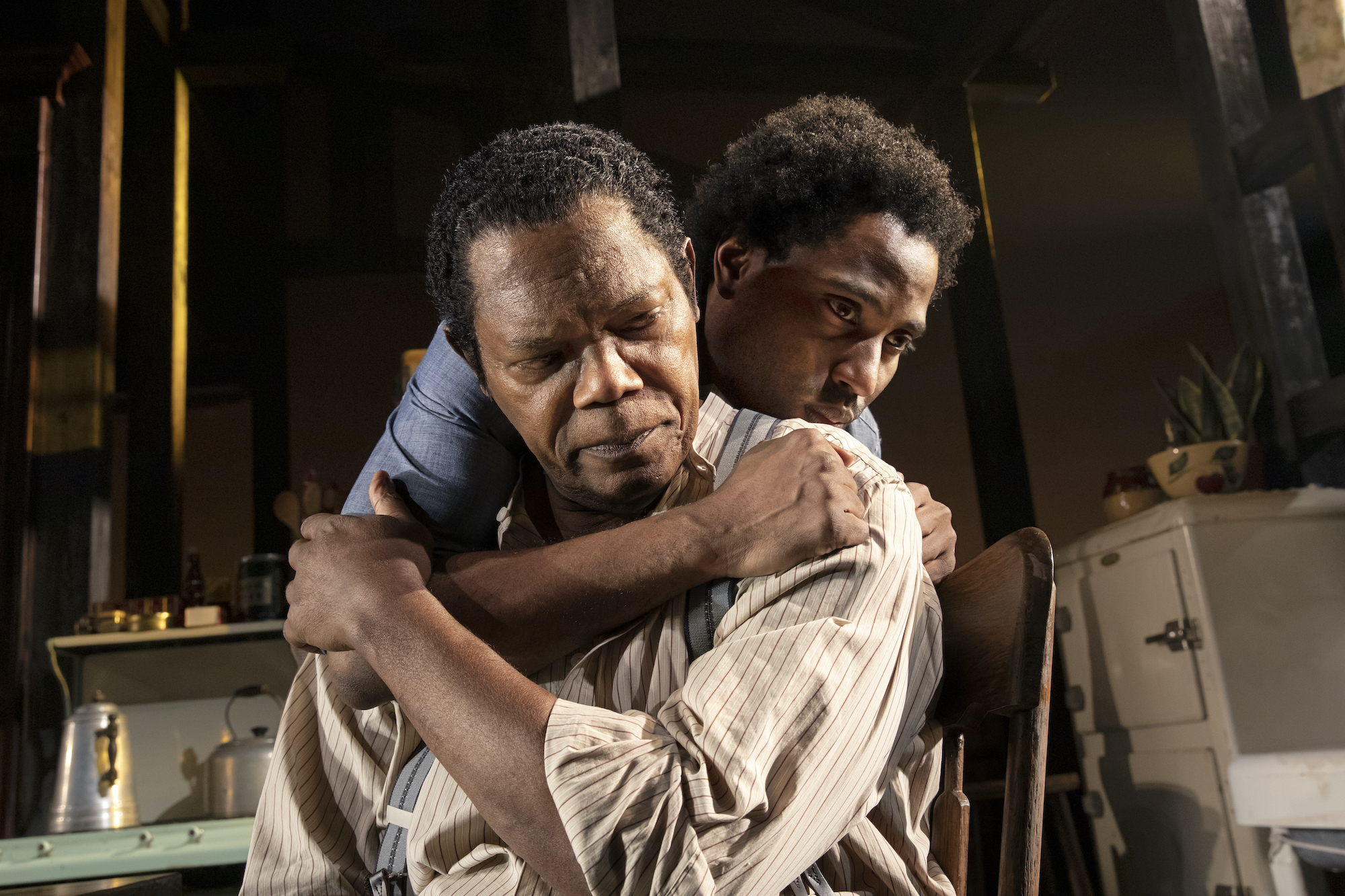
- Industry
The Piano Lesson: Broadway’s Pulitzer Drama Set for the Big Screen
A family, a piano: a classic home combination. Add some ghosts and the signature of August Wilson (1945-2005), and the result is a Pulitzer Award drama (1990) that Broadway just reprised, and has been announced as an upcoming movie with the same stage cast.
The Piano Lesson is the fourth play in August Wilson’s “The Pittsburgh Cycle”. Set in the Pennsylvanian city in 1936, during the aftermath of the Great Depression, it tells the story of a sharecropper traveling from Mississippi to visit his uncle, sister and niece, who all live together in an old house where the main valuable is a piano ornately carved by an enslaved ancestor.
The purpose of his trip? To convince his sister to sell that piano, to close the past and buy precisely the land where his ancestors toiled as slaves, hoping to build a future where he is equal to the white men. But the piano is also haunted by a recently dead member of the family.
The Piano Lesson earned Wilson (1945-2005) his second Pulitzer Prize in 1990, just three years after Fences (1987), which, as Ma Rainey’s Black Bottom (1984), became a movie after his death, both awarded with Golden Globes.
Wilson has been called the “theater’s poet of Black America” (Charles Isherwood, The New York Times, 2005). Actress Viola Davis, who won a Golden Globe playing Wilson’s Fences and was also nominated for Ma Rainey’s Black Bottom, said that his writing “captures our humor, our vulnerabilities, our tragedies, our trauma. And he humanizes us. And he allows us to talk.” (CBS News, 2020).
The Piano Lesson has been staged twice on Broadway (1990/91 and 2022/23), and other big cities across the United States. A television film based on this play was produced by Hallmark Hall of Fame, and aired on CBS in February 1995, earning one year later a Golden Globe nomination for Charles S. Dutton as Best Actor in a Limited Series, Anthology Series or TV Motion Picture.
Four times Golden Globe nominee Samuel L. Jackson returned last fall to Broadway leading the cast as Uncle Doaker Charles, many years after playing the nephew Boy Willie at Yale Repertory Theatre. This time the director was LaTanya Richardson, Jackson’s wife. And the nephew was played in a Broadway debut by John David Washington, Golden Globe nominee for BlacKkKlansman, and the son of Denzel Washington, who took Fences from Broadway to Hollywood.
The third leading role, the niece Berniece, has been performed this season by Danielle Brooks (Orange is the New Black). The play revival ended its Broadway run the last weekend of January. An upcoming movie with the same stage cast has been confirmed with Jackson, Washington and Brooks all set to reprise their roles for the screen adaptation. They would be joined by Ray Fisher, Michael Potts, Trai Byers and April Matthis, who also appeared in the last stage play. And they are all being considered for the Tonys, Broadway’s main award (the first Broadway production of The Piano Lesson earned 5 Tonys nominations in 1990).
In the fall of 2020, it was reported that Denzel Washington was planning to adapt and direct The Piano Lesson for Netflix. Then director and screenwriter Barry Jenkins -3 times Golden Globes nominee for Moonlight and If Beale Street Could Talk– was named to lead in the project. As for now, it is in pre-production with all its ghosts, waiting to be tuned, without an official release date.
As New York Times critic at large Maya Phillips wrote, “Wilson’s usual signatures are here, including the somber subject matter related to Black disenfranchisement, prejudice, history and trauma -paired with witty, casual dialogue and flights into the surreal. Wilson makes poetry out of the mundane minutiae of daily African American life without forgetting how the past is present, alive and immediate like the melody of a song played by a piano that seems to have sprung to life. And yet even among Wilson’s outstanding and occasionally surreal plays, The Piano Lesson, both a family drama and a ghost story, stands out as one of the odder works. It’s a mix of themes and tones, both concrete and ethereal, ghoulish and comedic.” Adding, “What haunts the Charles household is what haunts Black America every day -the living history of racial violence and pervasive inequality.”

